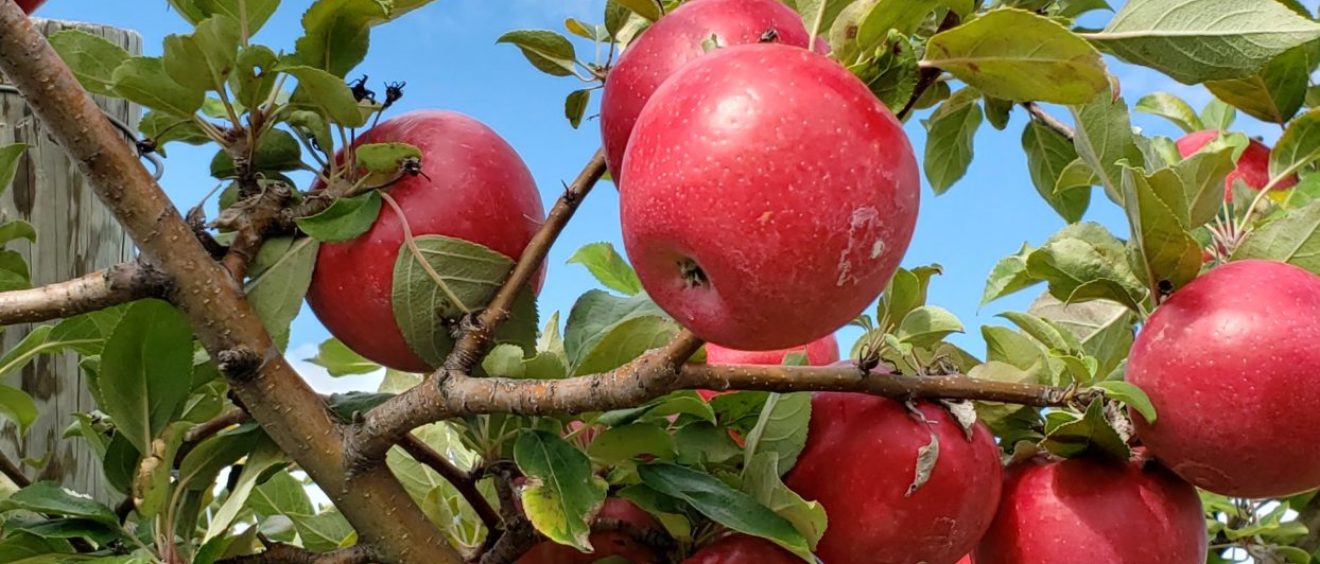
Harvest: The Gathering of the Crop
By Mary Hilliker, RDN, E-RYT 500, C-IAYT
We plant seeds, sometimes with great intention and clarity. We have a plan and things are working out. The harvest is bountiful and rich beyond measure.
The more common situation in life is that seeds are planted but there are obstacles. We’re still open to the process and looking optimistically to the harvest but we know our methods need to change or be refined. We can avoid harvest failure with the right inputs.
Other times, we are stuck in the muck, unsure of either what to plant, where to plant it or how to take care of it. These times are often precipitated by big transitions that may be planned or unanticipated. Leaving home, getting married, starting a family, a job change, starting a business, closing a business, moving, divorce, retiring, the death of a loved one or friend or a global pandemic are just some examples of things that get us stuck in the muck. There may be a sense of indecision, a gnawing, an inner discomfort, a disconnection from what feels like an inner alignment, or a frozenness.
These times of uncertainty will always be part of the journey. When we are in the muck, uncertain of our direction, but knowing that we need to do something different or make a change, the ancients guided us in a few ideas about what to do.
The Yoga Sutra-s of Patanjali are one of the key philosophical texts of yoga that lay out teachings on the mind and how to cultivate mental clarity and discernment. They had ideas about how to dig our way out of the muck. One of my favorite sections is 1.32 to 1.39, a list of practical solutions when you are stuck in suffering:
- Commit to the practice of a single principle (1.32) – This might be something as simple as committing to some daily journaling to gain clarity when things are not clear.
- Cultivate mental attitudes of friendliness toward those who are happy, compassion toward those who suffer, joy towards those whose action are virtuous, equanimity or disengagement from those who act poorly (1.33) – If we can cultivate these mental attitudes, we will be sorting things out from a place of peace, non-grasping and equanimity instead of being pulled by competition, attachments or aversions.
- Pay attention to exhale and suspension of exhale (1.34) – We gain mental clarity by working with our breath to reduce the stress response and quiet the mind and emotions so that we have clear discernment in making decisions.
- Work on mastery of the senses (1.35) – Our senses can pull us in many directions but typically the senses run in the direction of avoiding aversions and toward attachments. Our senses like to offer up false solutions by keeping us clinging to what offers a short-term ease from the discomfort of growth.
- Mediate on that light that is beyond the mind (1.36) – Meditating on light is common in many of the world’s religious traditions and it stands the test of time for cultivating clarity, optimism, and faith.
- Meditate on an inspired being or object (1.37) – This is one of my favorite ideas on this list. What if we invited into the banquet table in our hearts all those who inspire us to seek their wise counsel?
- Pay attention to your sleep and dreams (1.38) – My teacher always counseled that the dreams in the wee hours of the morning are the ones to pay attention to. This is the time when unconscious problem-solving or other weird, way-out things come up to be sifted and sorted.
- Meditate on something that is meaningful to you (1.39) – And this is the ultimate wisdom of the ancients. What works for us may be something very deeply personal. I personally like to meditate on plants as a representation of the possibility for growth. From the muck comes the harvest of trees, fruits, vegetables and flowers!
These teachings are timeless and relevant to situations and times in life where we get stuck in the muck. Through conscious intention we can plant seeds and apply the tools for gaining clarity and discernment. We can foster growth. We can produce the harvest.
